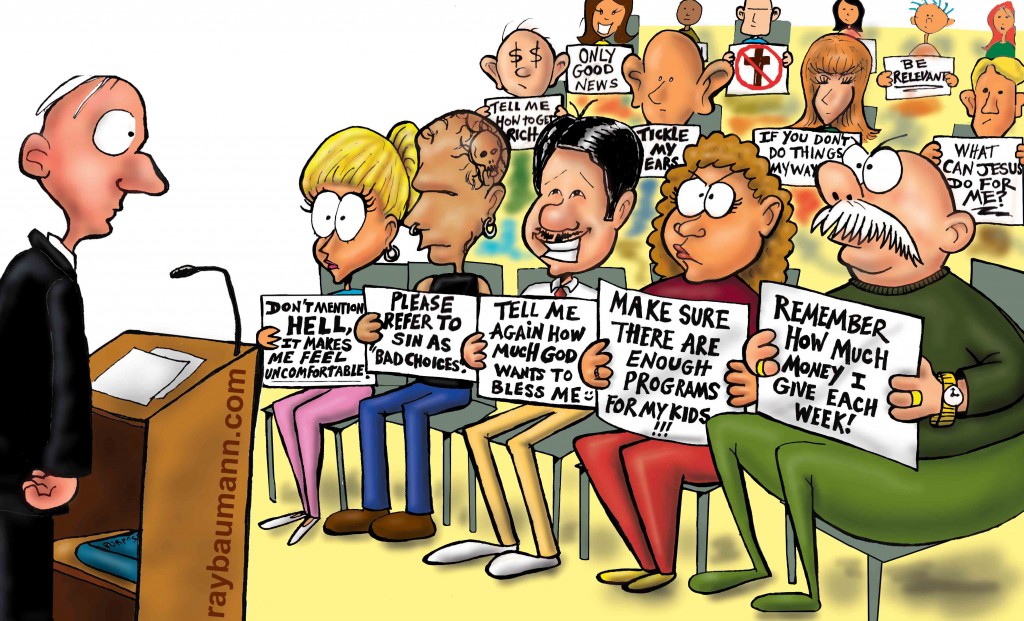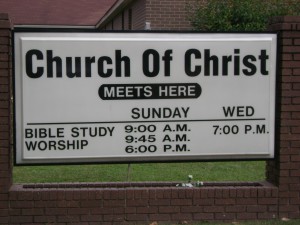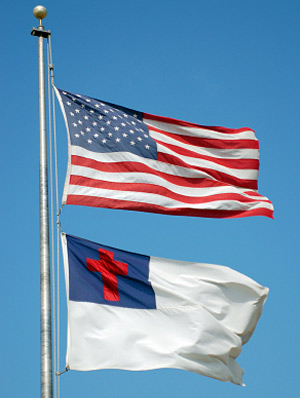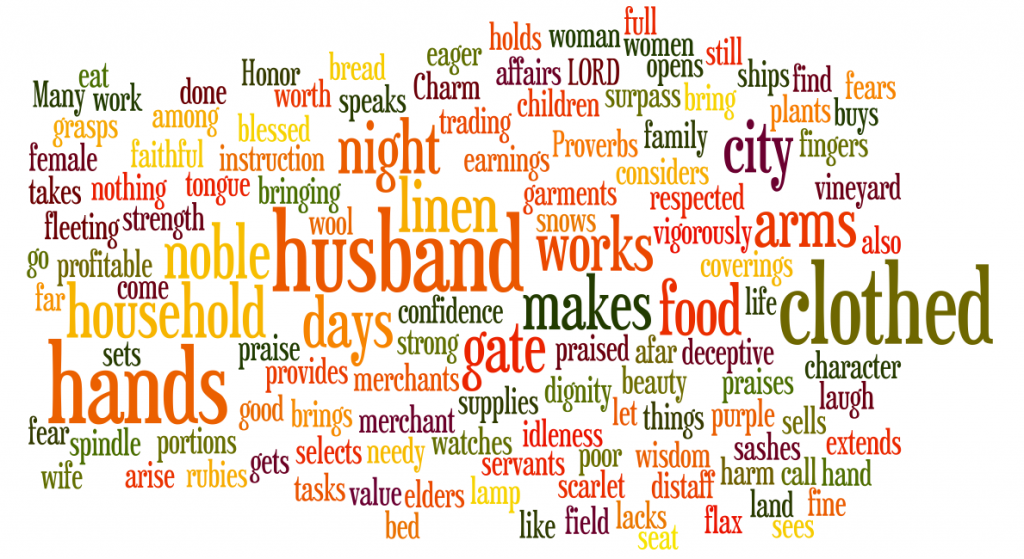Thank you so much for your faithful reflection and wrestling regarding the controversial Dallas Morning New column by Steve Blow we talked about in this space yesterday. I’ve received twice as many comments on email as I have in the “comments” section of this blog. And that’s fine. But, good gravy, people, your stuff is good! Really good! I urge you to consider putting some or all of what we’re sharing via email on the blog here so everybody can benefit and be blessed by your insights.
It appears that what most Christians are reading in this little controversy is the reply to Blow’s column penned by Ron Scates, the Senior Pastor at Highland Park Presbyterian Church in Dallas. You can read the response in its entirety by clicking here. I’m not endorsing the pastor or the Denison Forum website where this link sends you; it’s just the easiest place to find the response. Click on that link, read Scates’ reply, and then let’s discuss.
~~~Seriously, I’m not going to continue here until you jump over there and read Ron Scates. Do it! It’s really, really good!~~~
OK, he starts by naming a mentor of his at Union Theological Seminary — name dropping; not necessary — and his words of wisdom, “Bad theology always hurts people.” Good line. I like it. Scates expands on it:
“I guarantee you… anytime you and I develop our theology based on majority votes based on the surrounding culture — rather than by what God has revealed in his Word — inevitably, we wind up with bad theology.”
And people get hurt. Lost people get hurt. And Christians get hurt by bad theology that’s shaped by the prevailing culture of the times.
Limiting the role of women in our churches is bad theology formed in and by a male dominated culture; it goes completely against the commands and examples in our Holy Scriptures; and it’s not a very faithful expression of the Gospel of Jesus that claims we’re all equal at the cross of Calvary and at our Lord’s resurrection table. It hurts people. It hurts our women and our little girls. And it cripples our Christian witness to a lost world that can’t understand our petty rules and inconsistent laws. It’s OK for a woman to pray and read Scripture, to comment and exhort, in Bible class and in Small Group and at the church retreat, but our salvation is in jeopardy if she does it in the worship center between 10:00 and 11:00 on Sunday morning. Bad theology. Based on the surrounding culture. Hurts people.
Our traditional “sema-soma” views of body-soul in which our bodies and all of creation are burned up and destroyed on the Day of the Lord, but our disembodied souls float up to heaven where we spend all of eternity in a spiritual worship service, without sermons, I assume, is bad theology. It’s Gnostic, formed in and by a culture that was seeking secret knowledge and power. It’s Greek mythology, completely counter to what our Scriptures tell us about what God is really doing in redeeming all of creation. And it’s led to a lot of Christians not caring about our planet, not taking care of our own bodies, not caring what the church building looks like. People like that are said to be “so heavenly minded they’re no earthly good.” Bad theology. Hurts people.
I could go on and on. Five steps of salvation. Five acts of worship — one at a time, of course! Marriage, divorce, and remarriage. Leadership structures. Power hungry bishops and abusive elders are a result of bad theology. Measuring faithfulness to Christ by church attendance and knowledge of Scripture instead of Christ-likeness is bad theology. Youth groups who only learn and worship and serve with people their own age, that’s bad theology. It’s theology that comes from our culture and not from our Bibles.
More on that from Scates, who says it so much better than I do:
“How you and I approach the Bible is key to forging a good theology. Is the Bible a spiritual cafeteria where we go through the line picking and choosing only what looks tasty and palatable to us? Or is the Bible a banquet to which we have been graciously invited, where the Author/Host sets before us a fare of his own choosing? At a banquet, guests don’t try to change the menu. That would be bad etiquette.”
But the theology of the culture is so much easier, right? Of course it is. It tempts me all the time. It would be much easier to just play chaplain to a bunch of church people who sit comfortably in their pews week after week. It would be much easier to believe God has no holy expectations of his people. It would be much easier to believe I need to take care of myself first and look out for my own needs first and then take care of others. I’m reminded of something G. K. Chesterton wrote years ago in Orthodoxy: “Christianity has not been tried and found lacking; it’s been found difficult and never tried.” Something like that.
Scates particularly addresses Blow’s attack on the traditional views of hell and of Jesus as the only way to salvation:
“Do I believe hell exists? Yes. Do I fear hell? No. I hold both those beliefs for the exact same reason that I believe Jesus is the only way to eternal life because he says so… and that if I be in Christ, hell is not my eternal destiny. In the Gospels, Jesus talks more about the reality of hell than he does about heaven. It is Jesus himself who makes the claim (as much a minority claim in the 1st as in the 21st century) that he alone is the way to the Father… and away from an eternity in hell (John 14:6). Good theology always takes Jesus at his Word… rather than extends a wet finger to the prevailing winds of culture.”
Here at Central, we’re learning in our Sunday morning Bible classes that our Church of Christ history and particular theologies have been shaped and formed almost as much by culture and popular opinion as by our Lord. Almost. And that’s not a knock against CofC. Good gravy, it’s a commentary on our fallen humanity. It’s a call to be on our constant guard against it. And it’s a challenge to be always ready to grow and change and restore.
Scates’ last lines are perhaps his best. I’ll close with them the way he did.
“When all is said and done, good theology is a “revealed” theology… it comes from outside of ourselves… not something of our own making. Historically, the Church has always said that that source of revelation is God himself… revealing himself to us through is Living Word, Jesus Christ, and his written word, the Holy Scriptures. Good theology usually arises when you and I attend to, not contend with, the Bible.”
Peace,
Allan








Recent Comments